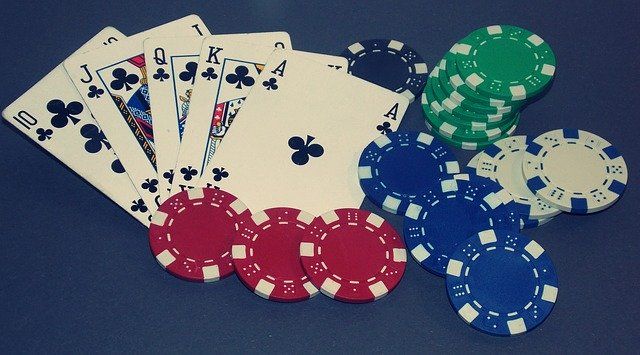The History Of Online Poker
- Category: Pics |
- 16 Jul, 2020 |
- Views: 1218 |

Internet poker is by no means a new thing, as players have been enjoying this form of gambling for more than two decades. Even the early gambling operators were quick to add it to their existing collections, as they tried to capitalize on the popularity of the most played card game. Looking back, a lot of progress has been made, with the modern poker platforms providing players with an eclectic mix of games. By knowing the history of poker, we can better understand the present and catch a glimpse at its future.
Planet Poker opened shop in 1999
The first games of poker were conducted over the Internet Relay Chat in the early 90s, so these are essentially the roots of the Internet game. You can play online casino games at trusted sites like playuk.com who also host some great poker tournaments. However, the first proper poker room was launched in 1999 by Mike Caro who founded Planet Poker. Not surprisingly, the first game was Texas Hold’em, the most popular type of poker worldwide. This hasn’t changed and the vast majority of online poker players today focus on this game that rewards perseverance, skill and patience.
Right from the start, real money games were a thing, although players had the option to try the game for free. The advent of Internet poker attracted many players, which prompted online gambling operators to add the games to their lists. Paradise Poker was quick to follow and with the headquarters in Costa Rica, it accepted players from all over the world. Texas Hold’em was still the main game, but players were also provided with the option of trying Omaha and Seven Card Stud for free or on real money.
Party Poker and Poker Stars enter the stage
The early 2000s were the years when Internet poker really took off, with the arrival of Ultimate Bet. Party Poker and Poker Stars soon followed and these two poker rooms are still in the biggest the day, after two decades. The popularity of online poker also grew as a result of Hollywood movies who portrayed poker players as cool and intelligent. This marks an important shift in public perception, as previously poker was associated with shady people and criminals.
Over that decade, the number of people playing over the Internet grew exponentially and eventually overtook the number of players in land-based casinos. Bonuses, VIP programs and cashback deals provided players with the incentive to switch to online poker, for enhanced convenience. Casual players could try the games for free and even take part in freerolls, which were immensely popular right from the start. TV shows such as High-Stakes Poker also had the merit of drawing larger crowds to online tables.
There were also setbacks for the poker industry, with the UIGEA in the United States being a shining example. The market is still reeling from this bump in the road, but it is slowly recovering and poker could soon return to most American states. For now, only the residents of select states can play online poker, after the local lawmakers passed gambling-friendly laws.

